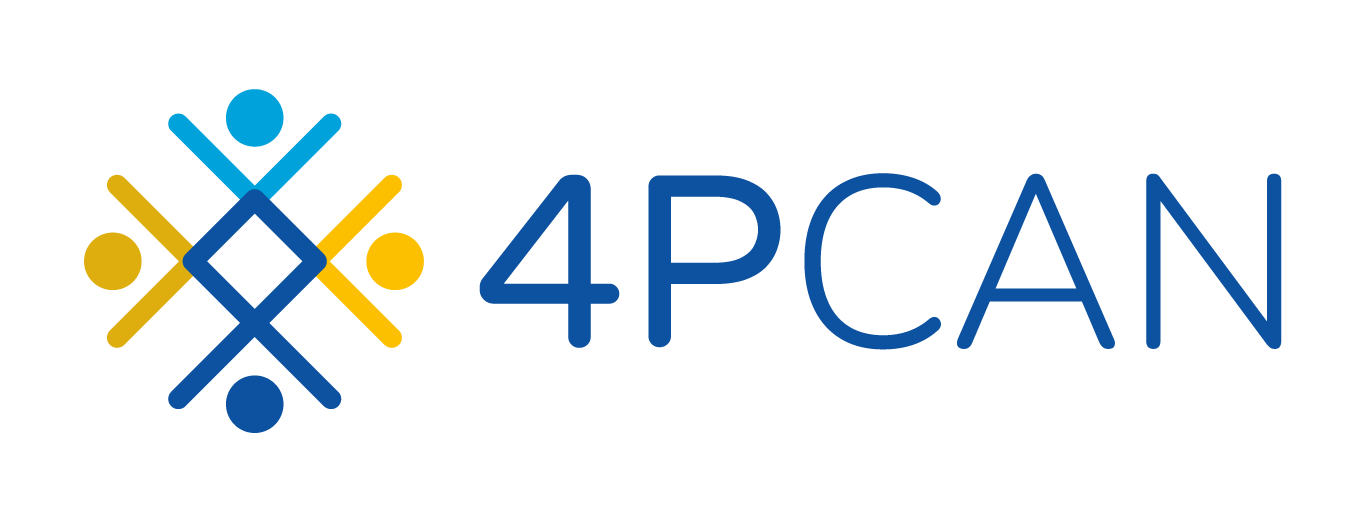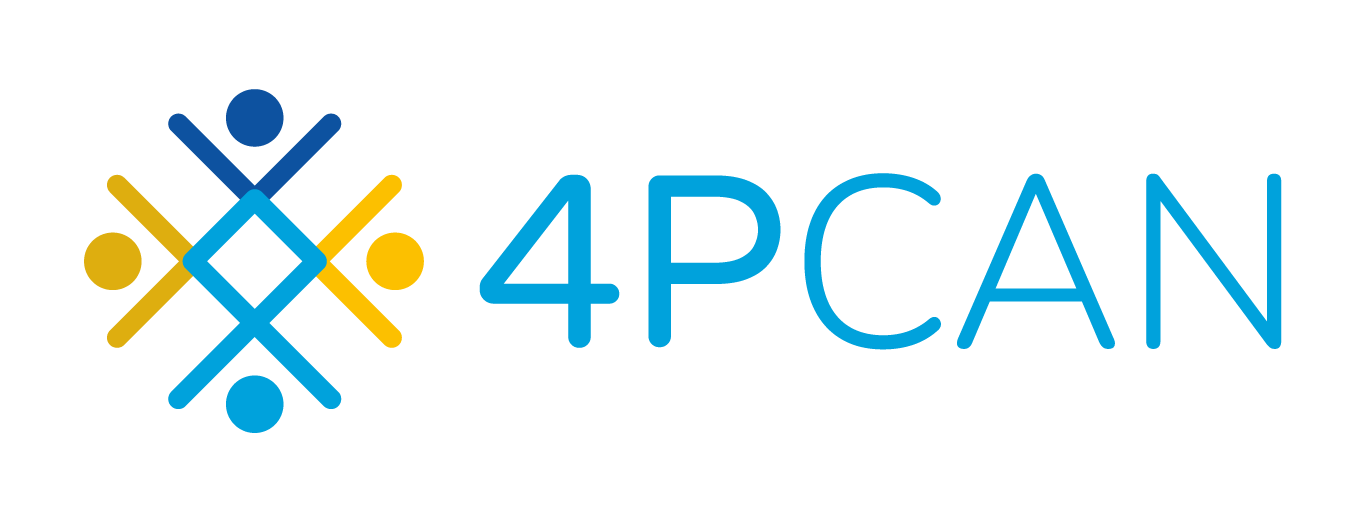World Cancer Day, observed annually on February 4th, is a global initiative aimed at raising awareness about cancer and encouraging action to reduce its global impact. Coordinated by the Union for International Cancer Control (UICC), this event has become one of the most influential health awareness days worldwide, bringing together governments, organizations, and individuals to combat cancer.
In North Macedonia, as in many other countries, local health organizations and government bodies typically organize events, health campaigns, and educational programs to raise awareness. These activities often focus on critical areas such as cancer prevention, early detection, treatment access, and patient support. Participating in or supporting these local events is a meaningful way to contribute to the global movement for equitable cancer care and health equity.
Early detection is key to improving cancer survival rates, and health services play a crucial role in this effort. It is well-established that when cancer is detected in its early stages, the chances of successful treatment and survival are much higher. Globally, over 12 million people are diagnosed with cancer each year, and approximately 7.6 million die from the disease. This makes cancer one of the leading causes of death worldwide. In North Macedonia, around 6,000 new cancer cases are diagnosed annually, with cancer being the second leading cause of death, responsible for 20-25% of all fatalities, after cardiovascular diseases.
Some key facts to consider include:
• The global cancer burden is increasing. By 2040, the number of cancer cases is expected to rise to 29.5 million, due to population growth and aging.
• Non-communicable diseases (NCDs), including cancer, are responsible for over 70% of global deaths, with cancer being one of the top contributors.
• According to the World Health Organization (WHO), nearly one in two men and one in three women will develop cancer in their lifetime.
Experts from the UICC and WHO emphasize that approximately 40% of cancers are potentially preventable, and adopting healthier lifestyles can significantly reduce cancer risk. Some of the most effective preventative measures include:
• Quitting smoking and avoiding exposure to second-hand smoke. Smoking is responsible for nearly 30% of all cancer deaths and around 80-90% of lung cancer cases.
• Limiting alcohol consumption, as excessive drinking increases the risk of cancers such as liver, breast, and colorectal cancer.
• Engaging in regular physical activity. A sedentary lifestyle is a known risk factor for various cancers, including breast, colon, and endometrial cancer.
• Eating a healthy diet, rich in fruits, vegetables, and whole grains, while limiting processed foods and red meat. A poor diet is linked to obesity, which in turn increases cancer risk.
• Maintaining a healthy body weight. Obesity is associated with a higher risk of several cancers, including breast, colorectal, and kidney cancers.
• Protecting skin from excessive sun exposure. Skin cancer, especially melanoma, is one of the most common cancers globally, but it is largely preventable through sun protection.
• Vaccination against infections that can lead to cancer. Vaccines against HPV (Human Papillomavirus) and Hepatitis B are crucial in preventing cancers such as cervical, liver, and throat cancer.
In addition to prevention, improving access to treatment and patient support is vital. Cancer treatment can be expensive, and many individuals in low- and middle-income countries, including North Macedonia, may struggle to access timely and quality care. Early detection and screening programs, such as those for breast, cervical, and colorectal cancers, can help identify cancers in their earliest, most treatable stages.
Finally, continuing to support cancer research and the development of new treatment options is critical. Advances in immunotherapy, targeted therapies, and personalized medicine are already improving cancer outcomes, but much work remains to be done. By raising awareness, advocating for better healthcare policies, and making lifestyle changes, individuals and communities can play a key role in the fight against cancer. Every action counts in the global effort to reduce the burden of cancer and improve the quality of life for millions of people affected by the disease.
References
World Health Organization (WHO) – Cancer. WHO provides global statistics on cancer, including incidence, mortality, and prevention.
- WHO Cancer Fact Sheet: https://www.who.int/news-room/factsheets/detail/cancer
- WHO Non-Communicable Diseases Overview: https://www.who.int/news room/fact-sheets/detail/noncommunicable-diseases
- Global Cancer Estimates: https://www.iarc.who.int/
International Agency for Research on Cancer (IARC). IARC provides detailed cancer statistics and trends from around the world, including data on the projected increase in cancer incidence.
- IARC Global Cancer Data (GLOBOCAN 2020): https://gco.iarc.fr/
Union for International Cancer Control (UICC). The UICC is the global organization behind World Cancer Day, providing guidelines on cancer prevention, treatment, and policy.
- UICC World Cancer Day Information: https://www.uicc.org/world-cancer-day
- UICC Cancer Statistics and Prevention: https://www.uicc.org/resources/cancer control
Centers for Disease Control and Prevention (CDC). The CDC provides statistics and advice on cancer prevention, including data on smoking and its link to cancer, along with lifestyle recommendations.
- CDC Cancer Prevention: https://www.cdc.gov/cancer/prevention/index.htm
- CDC Smoking and Cancer: https://www.cdc.gov/cancer/tobacco/index.htm
American Cancer Society (ACS). The ACS offers in-depth resources on cancer statistics, prevention, and treatment, including the global cancer burden and risk factors.
- ACS Cancer Statistics: https://www.cancer.org/research/cancer-facts statistics.html
National Cancer Institute (NCI). The NCI is a valuable resource for cancer statistics, prevention methods, and research advancements in cancer treatment.
- NCI Cancer Statistics: https://www.cancer.gov/about cancer/understanding/statistics
World Cancer Research Fund (WCRF). WCRF provides evidence-based research on cancer prevention, including lifestyle changes and diet recommendations.
- WCRF Cancer Prevention Recommendations: https://www.wcrf.org/dietandcancer
Observing World Cancer day | United Nations in North Macedonia: https://northmacedonia.un.org/en/173806-observing-world-cancer-day
World Cancer Day 2024: a global call to Close the Care Gap | NCD Alliance: https://ncdalliance.org/news-events/news/world-cancer-day-2024-a-global-call-to-close-the-care-gap
The World Cancer Day campaign | UICC: https://www.uicc.org/what-we-do/events/world-cancer-day/campaign
ИЈЗ – Институт за јавно здравје на Република Северна Македонија https://iph.mk/
Authors: Milica & Mirjana, FEMINA M Association for Help and Support of Patients with Gynecological Diseases

